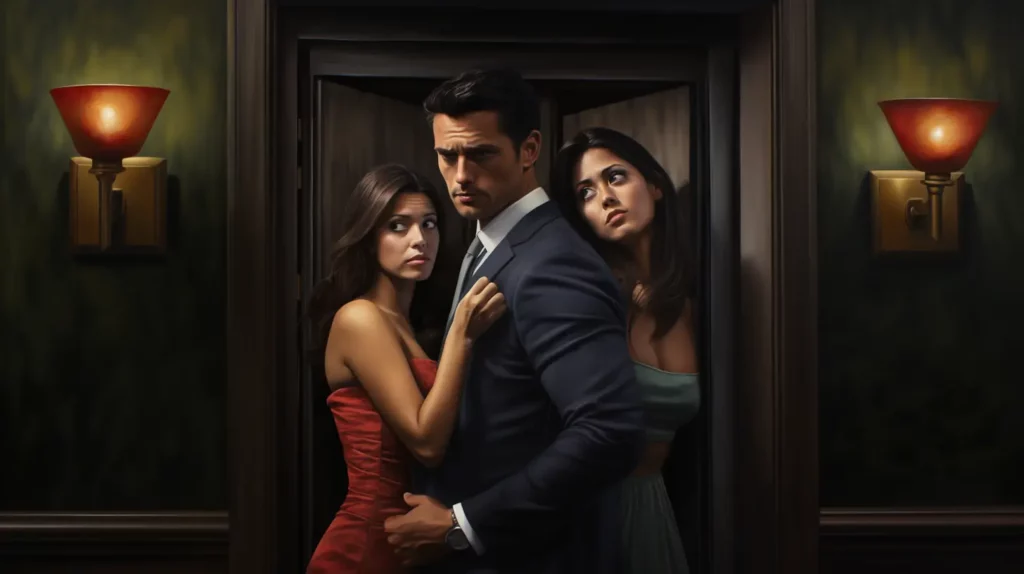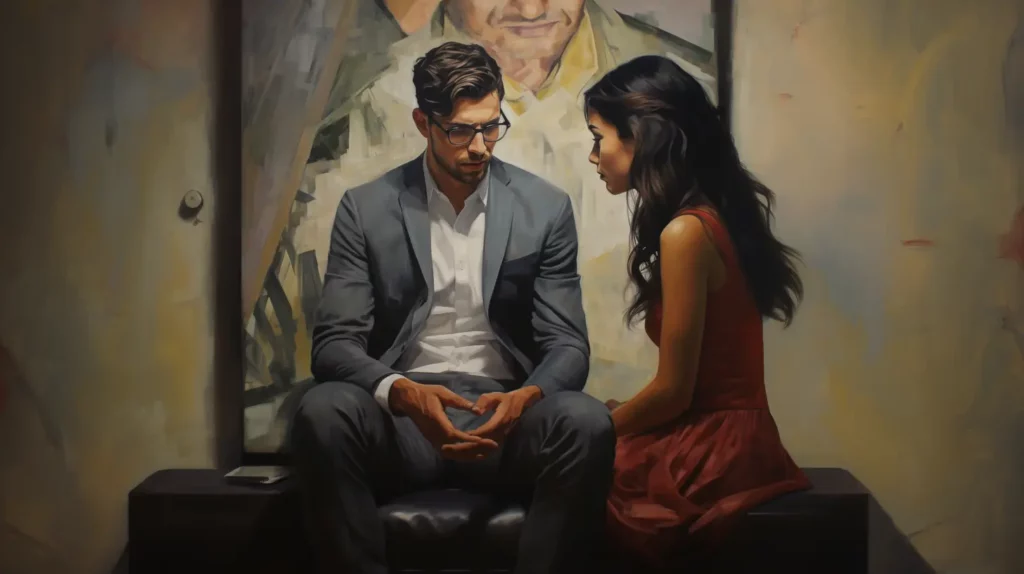In the not-so-distant past, tying the knot was often a milestone that couples aspired to reach shortly after finishing their education or starting their careers — often in their early to mid-20s. Today, however, societal shifts have dramatically changed the narrative around marriage, leading to a trend where couples are waiting longer before saying “I do.” But why are modern duos hitting the brakes on this age-old rite of passage? Let’s dive into the reasons behind this emerging trend and the implications it has for relationships and society at large.
The Changing Face of Society
The Role of Women in the Workforce
Historically, marriage often followed women’s pursuit of an education or career, but it has not been the same case for men. In contrast, today’s women are outperforming men educationally, often seeking higher degrees and positions before considering marriage. As women continue to contribute significantly to the workforce and amass their own wealth, financial independence means that they no longer feel the same rush to tie the knot early for financial stability or social acceptance.
Shifts in Family and Personal Goals
Modern couples have a wider range of aspirations and opportunities. The desire to travel, establish a career, or explore personal passions means that formalizing a relationship takes a backseat to individual pursuits. This shift also reflects changes in family structures, where people are less bound by traditional expectations and more inclined to create families on their own terms.
High Expectations, High Standards
Career and Achievements
With the rise of individualism, there’s an emerging trend of personal achievement and career goals taking precedence over starting a family. Many couples now focus on reaching certain career milestones or financial stability before making long-term commitments, believing that this sets a stable foundation for their relationship and future family.
Emotional Maturity and Self-Discovery
A desire for emotional maturity and personal growth has become a priority for many. Couples are waiting to marry until they feel more confident in their identity and life goals, which often requires more time to explore and understand their own needs, desires, and ambitions before merging their lives with another.
Financial Realities
Student Loan Debt and a Tough Job Market
Today’s young adults often face staggering student loan debt and a highly competitive job market. These financial stressors can push marriage to the back of the line as the high cost of weddings and establishing a household can be daunting for many couples who are still consolidating their economic footing.
Housing and Economic Factors
The cost of living continues to outpace wage growth in many regions, making it difficult for young couples to afford housing, a key factor often associated with marriage. Rising mortgage rates and housing prices influence the timing of when couples feel financially secure enough to take on the added responsibilities of marriage and potentially starting a family.
The Enduring Pursuit of Perfection
Relationship Expectations in the Age of Social Media
The omnipresence of social media in our lives creates unrealistic expectations of what a perfect relationship or marriage should look like. Many couples wait longer to marry as they seek the perfect partner or relationship dynamics, sometimes causing them to delay marriage indefinitely in the search for the ideal relationship portrayed in their social feeds.
Fear of Failure and Commitment
Another factor contributing to the delay in marriage is the fear of committing to one person in a society that normalizes the pursuit of personal freedom and multiple partners. The high rate of divorces among previous generations has instilled a fear of failure and a desire to ensure the longevity and satisfaction of the relationship before tying the knot.
Societal and Legal Considerations
Changing Legal Rights and Social Expectations
As societal norms evolve to include and recognize a broader spectrum of relationships, including cohabitation and civil partnerships, the legal and social necessity of marriage is being questioned. As legal rights for unmarried partners become more common, the benefits of marriage may seem less compelling, leading couples to question the need for a formal union.
A More Informed and Empowered Generation
Younger generations have unprecedented access to information and personal narratives from a broader range of people, influencing their perspectives on commitment and marriage. This vast knowledge makes them less susceptible to societal pressures and more inclined to make informed decisions that resonate with their own beliefs and values.
Navigating the Waters of Waiting
Challenges and Pitfalls of Delayed Marriage
While waiting to get married has its benefits, including self-growth and financial stability, there are also challenges. For some, the extended pre-marriage period can exacerbate family and societal pressures, along with a sense of urgency as they watch their peers marry and start families. It can also lead to difficult conversations and decisions regarding the timeline and expectations of the relationship.
Strategies for Couples in This Stage
Couples who choose to wait need to communicate openly about their goals and expectations, both for the relationship and for each individual’s personal development. They can benefit from seeking guidance or counseling to navigate the complexities of delayed marriage, ensuring that they are on the same page and working towards a shared future as the relationship evolves.
The Future of Marriage in Society
Embracing a Diverse Spectrum of Relationships
As more people choose to delay or forgo marriage, society’s perception of relationship timelines is diversifying. Rather than a prescribed path, relationships are increasingly regarded as unique journeys, with marriage being one of many milestones or, in some cases, not a priority at all. This diversity reflects a more inclusive and accepting view of love and commitment.
Evolving Social and Legal Frameworks
The shift towards recognizing and respecting a variety of relationships has started to influence legal and social frameworks. Laws and societal structures are beginning to accommodate the needs and rights of unmarried couples, reflecting the contemporary landscape of personal relationships and reducing the urgency for some to marry.
Conclusion
The decision of when to marry is deeply personal and influenced by a myriad of factors, from societal trends to individual values. While there are common threads among couples waiting to marry, each relationship is unique and requires its own assessment and approach. Understanding the reasons behind the trend of delayed marriage helps us recognize and embrace the diversity of modern relationships, supporting the evolving ways in which we choose to love and commit in the 21st century.








